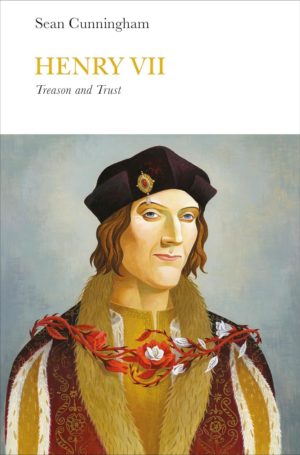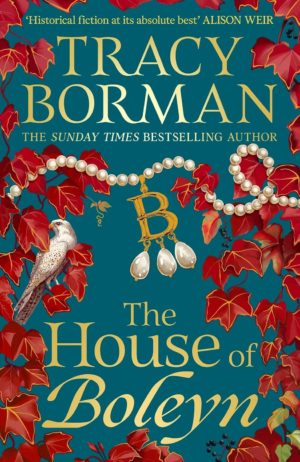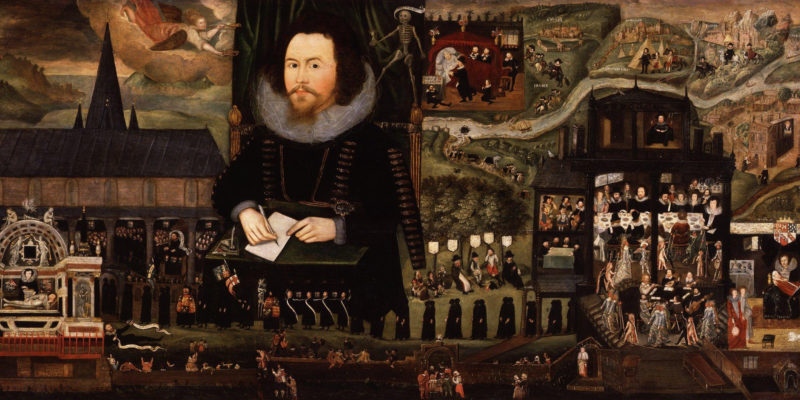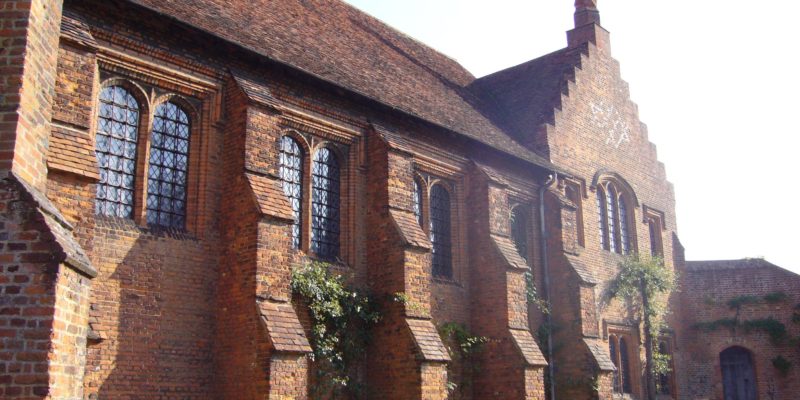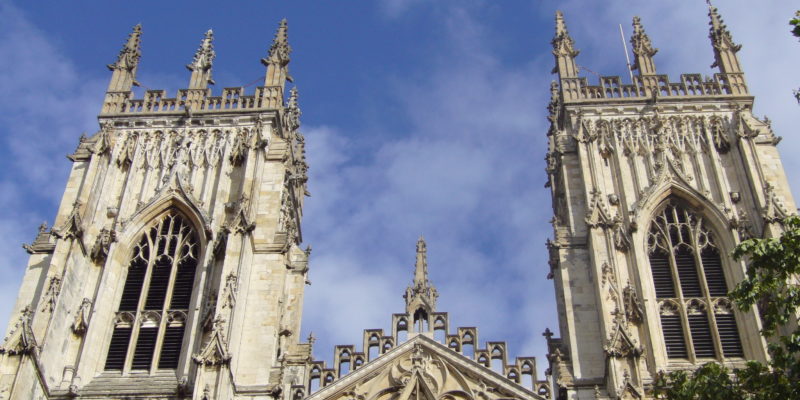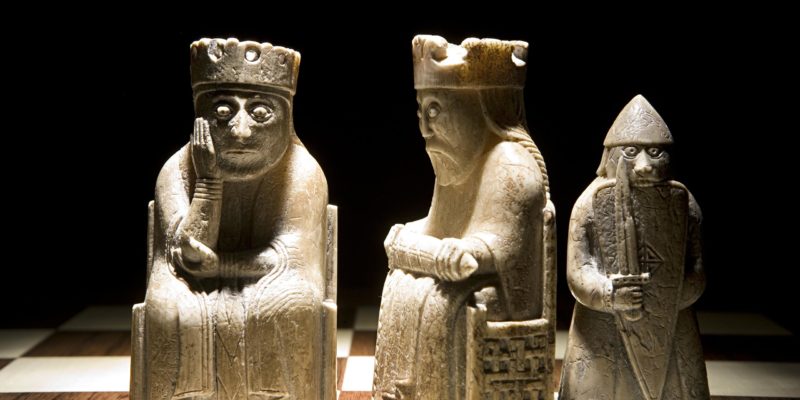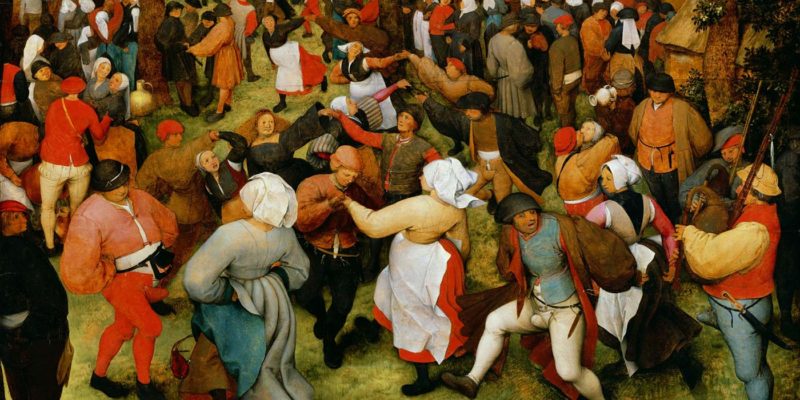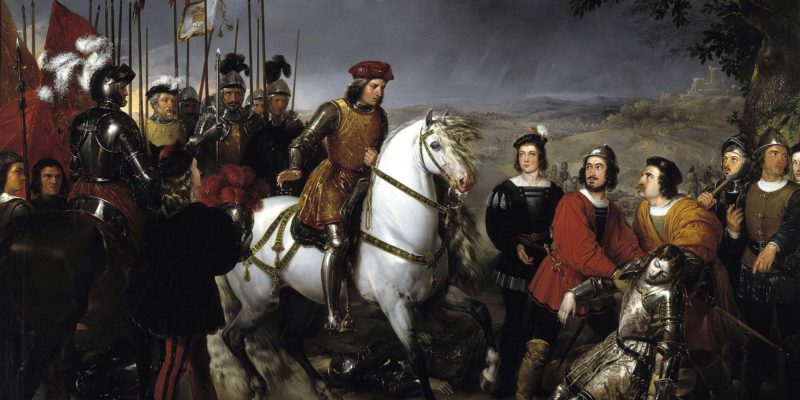Tudor Times is the online repository for all things Tudor and Stewart (1485–1625)
PERSON OF THE MONTH
Katherine Parr
Queen of England from 1543 until 1547, the last of the six wives of King Henry VIII.
View featureFeatured

Ferdinando Stanley, Earl of Derby: Villain or Victim?
In this Guest Article, Isolde Martyn, author of The April King, looks at the strange death of Shakespeare's patron, Ferdinando Stanley, 5th Earl of Derby.
Read article- Researching Amsterdam in the Dutch Golden Age in Guest Articles
- James VI and I: the Man Behind the Myth by Steven Veerapen in Guest Articles
- Gloriana's Bloody Age: Massacre and Misrule in Elizabethan Ireland in Guest Articles
- Leopards and 'Little John' - the Elizabethan Priest-hole Maker in Guest Articles
New Non-fiction Books
New Fiction Books
What's on
Tudor Times Shop
Modern journal with Tudor garden information
View Now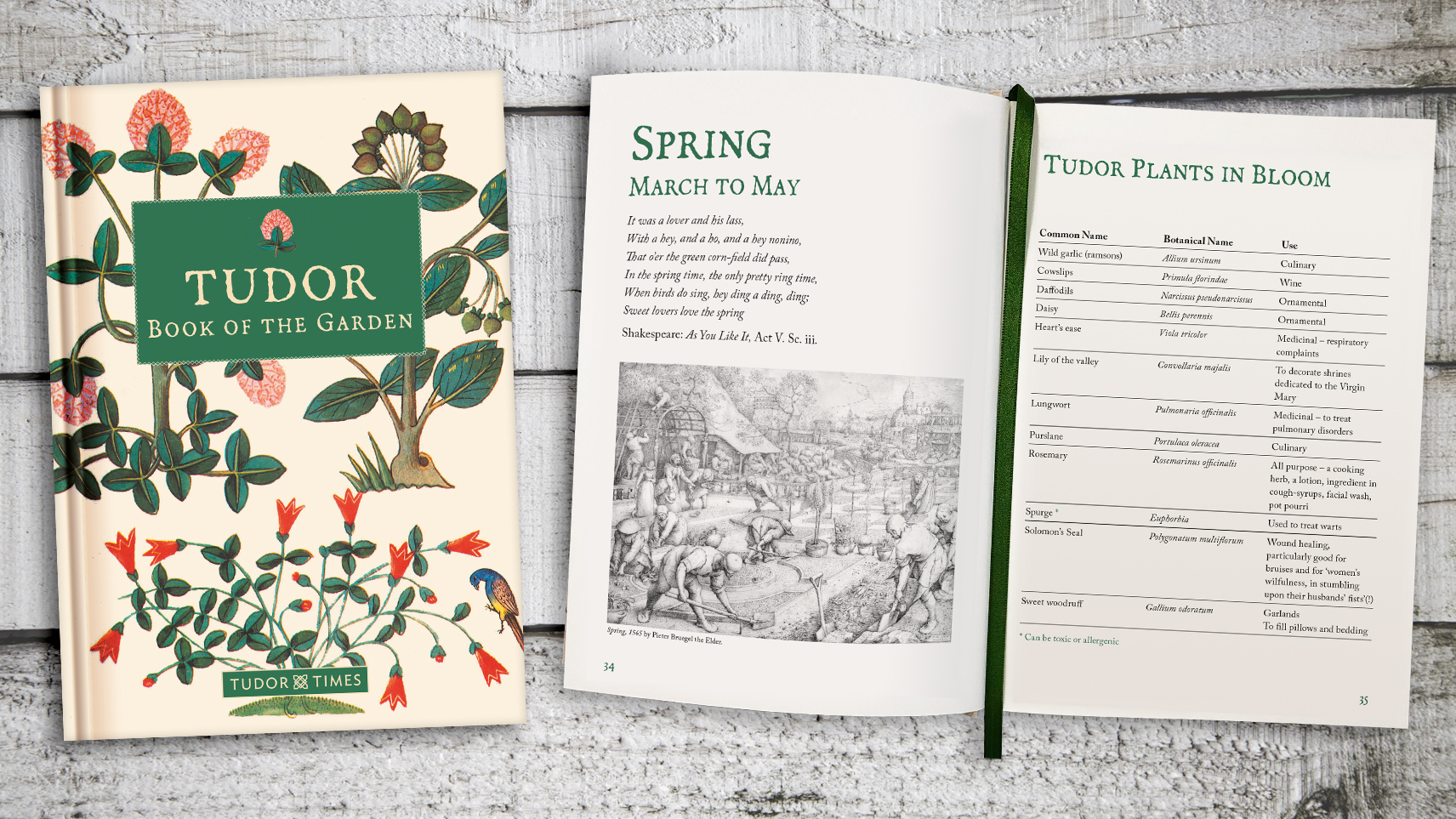
Get regular updates
Register your details to get regular updates
